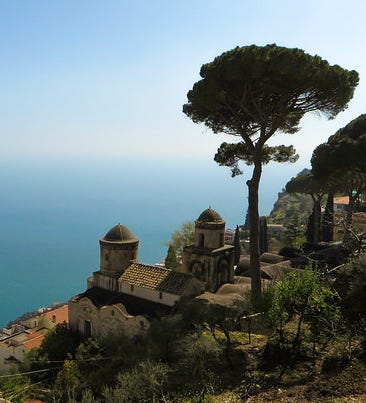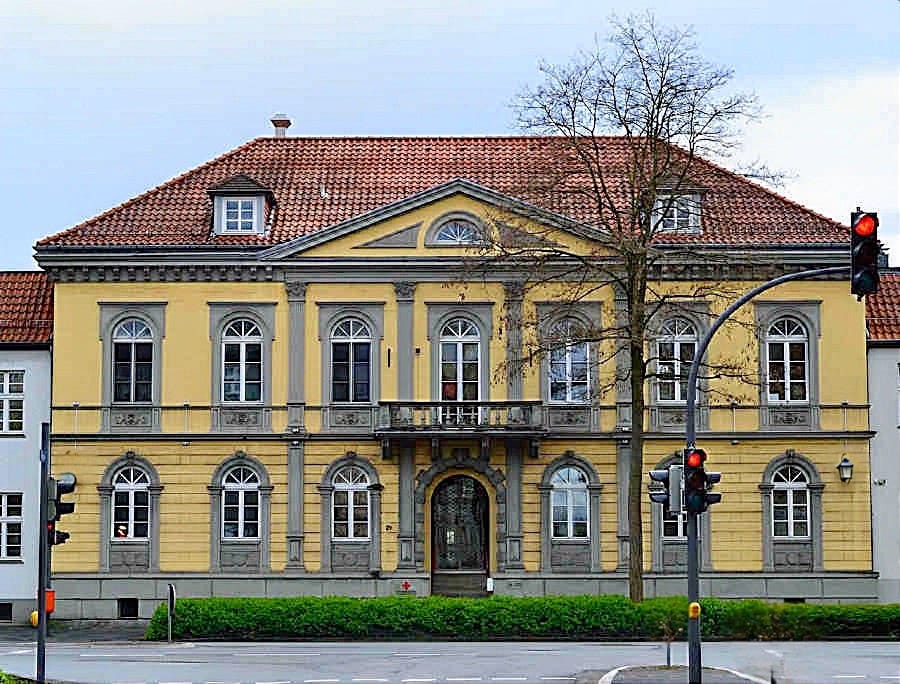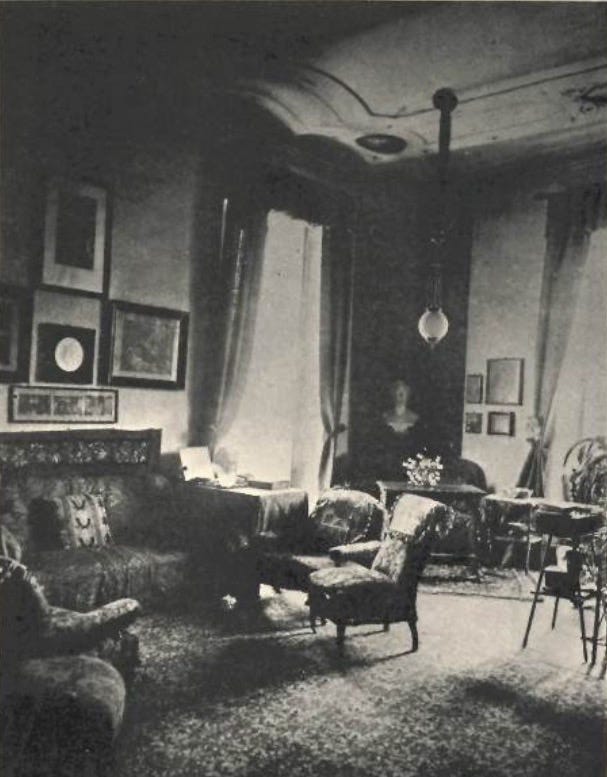Dear Tante Malwida,
They say we inherit more than blood—we inherit unfinished conversations. Yours has been echoing through me for years.
You were once known across Europe as die große Malwida—the great Malwida. A radical educator, a revolutionary, a friend to poets and a guide to men who would go on to shape modern thought. You nurtured the early minds of Nietzsche and Wagner, mentored Romain Rolland through decades of correspondence, and dreamed of founding a “school for thinkers” in the caves beneath Sorrento—an academy not of dogma but of dialogue, where the mind could be set free beside the sea.

But the world forgot you. The Third Reich burned your writings. Your Memoirs of an Idealist, once praised by the liberal and literary elite of Europe, fell out of print. Today, your memory lives only in the margins of men’s biographies, as though you were a footnote to their genius, and not one of its architects.

I first heard your name in “Rebel in Bombazine”, a book written by my great-grandmother Elsa—your niece. I never met her. I didn’t meet my grandmother either. But in reading Elsa’s words, I felt them reaching through the silence. She wrote, “This is not a history book. It is a reminder. That women like Malwida lived, thought, rebelled—and deserve to be remembered not as muses, but as minds.”

Still, I didn’t truly know you—until I found you in Rome.
I used to visit your tomb when I lived there. I didn’t plan to, but I kept returning—drawn to that quiet corner of the Protestant Cemetery, where the cypress trees hush the traffic and the light changes slowly. The first time I found your name etched in stone, I felt something shift. I hadn’t known you were buried there. I hadn’t even known I was looking for you.
Rome had called to me since I was a child—not for its grandeur, but for its beautiful disorder. I loved its mess, its contradictions. The maze of cobblestone streets made me feel calm, not lost. Perhaps because you were there. Perhaps I was never really wandering.
You believed that to live rightly, one must live an examined life. That thought was not a possession but a duty. That beauty was not decoration but rebellion. That truth—uncomfortable, merciless, radiant—was the only path to freedom.
You wrote in your memoirs: “I believe in the unshakable connection between freedom and inner truth. The liberation of the individual mind is the beginning of any real progress.” That sentence changed the way I live.
This space—Salone Polveriera—is for you. Not in marble, but in thought. Not as a monument, but as a movement. It is a place for modern thinkers, wanderers, and heretics. A home for the questions too sharp for headlines and too complex for slogans. A new kind of salon: itinerant, multilingual, ungovernable.

You taught me that ideas are not meant to be admired but tested. That perspective is a kind of grace. And that an unexamined mind—no matter how brilliant—is just another form of blindness.
I will write every Sunday, my first is about language—how it shapes thought, how it limits us, and how monolingualism creates more than misunderstanding. It creates myopia. But today, I wanted to begin where it all began: with you.
With love, and in continuing conversation,
Stefani
If it stirred something—say so. If it didn’t—say that too. Conversation builds better futures. Support fuels them. Thank you for reading—it matters more than you know.






